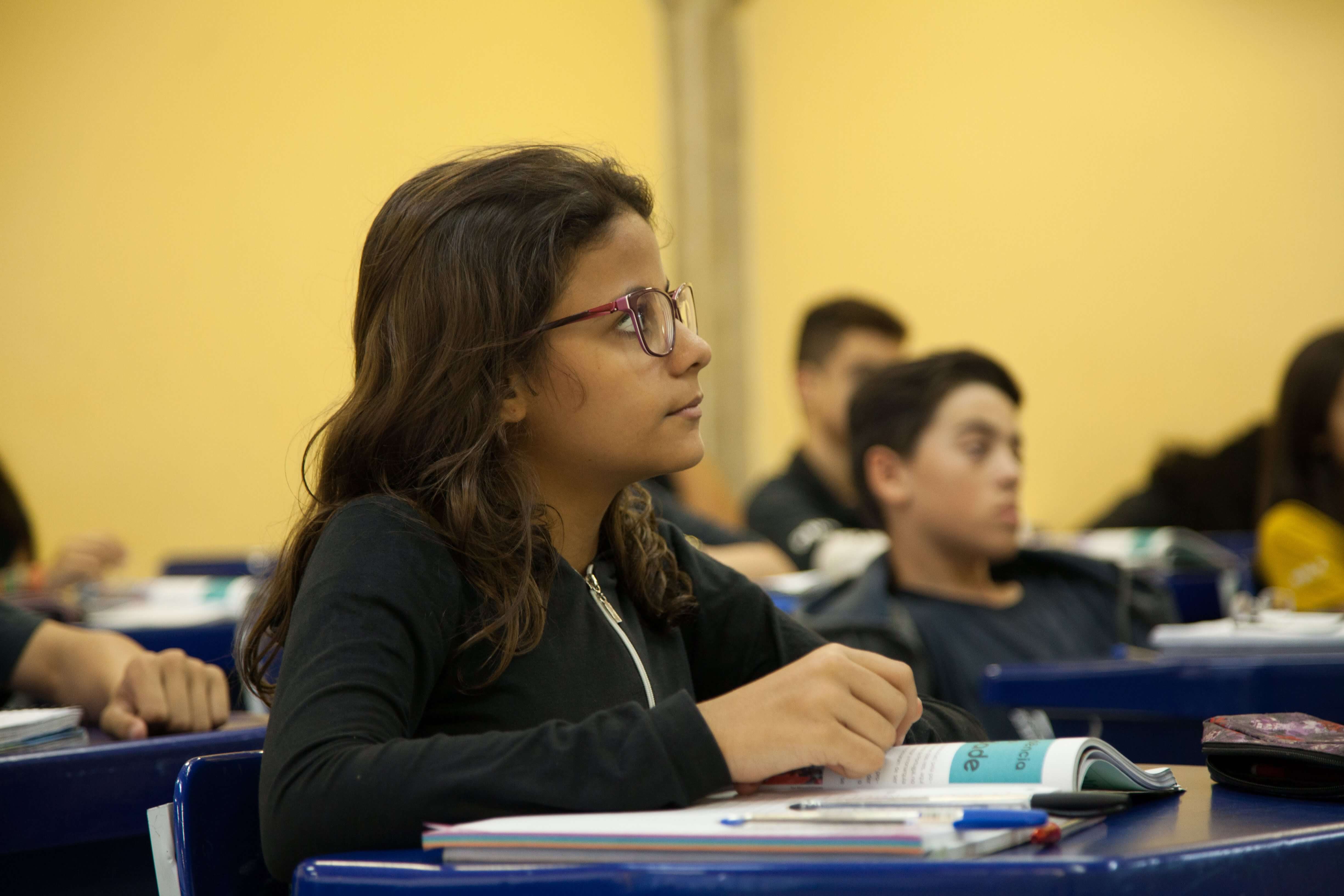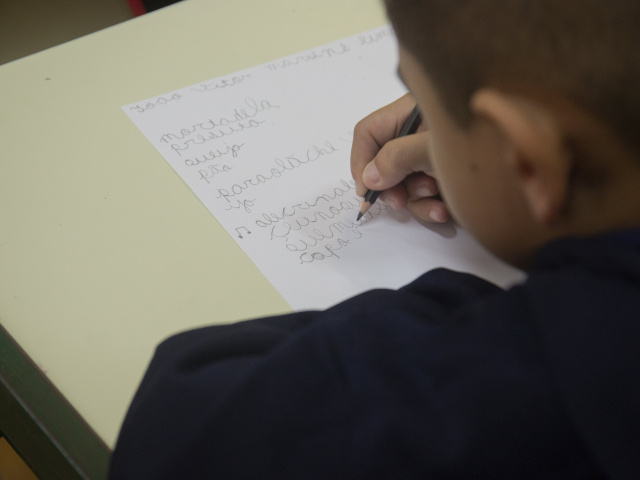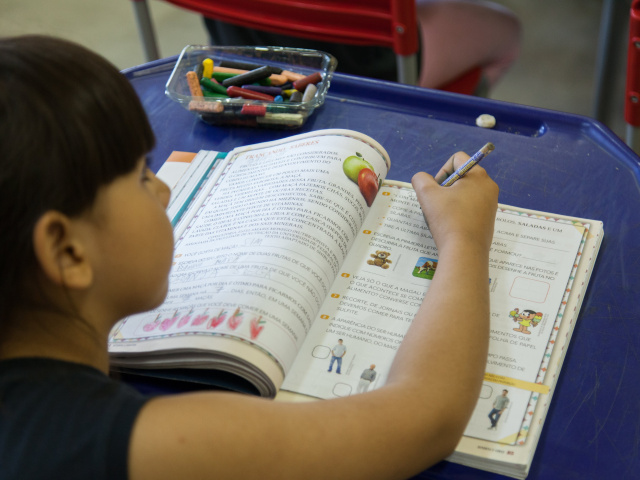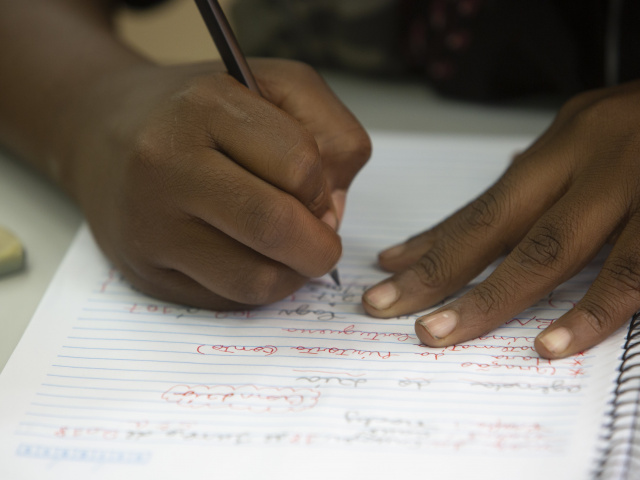After an academic year practically without face-to-face classes, a survey shows that parents and guardians of public school students across Brazil believe that if schools remain closed, pre-school children will have their development compromised (65%), while those in the early years of Elementary school will suffer from delayed literacy, which that will hinder their learning (69%).
For adolescents, the perception is that they are suffering from emotional problems because of isolation (58%) and that high school students are at risk of dropping out (58%).
The findings were reported in the fifth edition of the Datafolha survey “Remote education from the perspective of students and their families,” commissioned by the Lemann Foundation, Itaú Social, and Imaginable Futures and carried out with 1,015 parents or guardians of students in city and state public schools, with children between 6 and 18 years old. The study was carried out from November 16 to December 2, 2020.
The losses resulting from the lack of face-to-face classes can be even greater for socially vulnerable students. Eighty percent of parents and guardians say their children are at risk of being left behind because they have more difficulties studying at home. More than one-third of parents and guardians fear their children will drop out of school. The study also found family income has plummeted: in the pandemic, almost half of respondents reported a decrease in income.
“So many months of leaving the school environment will leave a mark on the development of students, with the intensification of old problems, such as age-grade distortion and dropout, especially among the most vulnerable population,” said the research and development manager at Itaú Social, Patricia Mota Guedes.
“The networks that have already started performing diagnostics are on the right path for pedagogical proposals that help motivate students and recover from learning losses. It is also urgent to build coordinated planning for resuming classes with well-established protocols, with a strong dialogue with school teams, and a lot of support for teachers. Without these mechanisms in effect, the penalty will be damage to education and the guarantee of the rights of children and adolescents for an extended period.”
The recognition of the importance of resuming in-person classes, however, brings insecurity and fear about the contagion of Covid-19. Only 19% of parents or guardians said that they have “a lot of trust” in the school's ability to comply with health safety protocols at reopening. And 43% of them do not trust the ability of students to comply with health standards, up from 24% in September.
For the executive director of the Lemann Foundation, Denis Mizne, good communication between schools with parents, guardians, and students can make a difference in guiding and creating a relationship of trust.
“We are in a period of natural insecurity due to the pandemic, but this moment is also an opportunity to strengthen contact with families who now understand more clearly the importance of school in the development of children and adolescents,” said Mizne. “It’s critical to motivate students and their families to prevent school dropout.”
Learning in the pandemic
For 79% of parents, schools provided support during the period schools were closed, especially in the early years of elementary school (87%). The support consisted mainly of teachers available to answer questions, general guidelines on how to support students to do the activities, and suggestions to motivate children to participate.
Distance activities enabled students to develop some skills. In the parents' perception, skills developed included using technology to study and learn, not giving up in the face of difficulties, and researching and expanding knowledge independently.
Parents and guardians also learned from home classes. Of the interviewees, half highlighted the role they played in supporting students in learning. However, students faced difficulties autonomously organizing study routines, in addition to adapting and being flexible. The percentage of all students who found it difficult to maintain a home study routine reached 69%. In the early years of elementary school, it reached 72%.
Motivation is a critical factor for engagement and students are growing increasingly unmotivated as the pandemic drags on. This has been observed since May 2020, when the first edition of the series of five surveys conducted by Datafolha took place. While in May, 46% of students were unmotivated, in November the percentage rose to 55%.
One bright spot was the increase in the number of students who received activities and printed material, up from 34% to 63% in the period from May to November 2020. However, the time dedicated to learning activities declined over the same period.
Fifth wave
In a seven-month period (May to November), five surveys were carried out by Datafolha in the series: “Remote education from the perspective of students and their families.” This fifth wave records the evolution of some indicators in 2020. The objective of the surveys is to verify whether students from public elementary and high schools are receiving content, accessing it, and carrying out the activities assigned during the pandemic, in addition to mapping the difficulties of online learning, routines, and motivation. Previous surveys were in May, June, July, and September of 2020.
In such an atypical school year, one question is fundamental: preventing school dropout. The survey segmented students into four categories: ‘Adapted, ‘Overcomers’ ‘Resilient,’ and ‘At Risk. In the data gathered from May to November, the group of students designated 'At risk' remained stable at around one-third, similar to the group of 'Resilients.' When asked what the expectation for 2021 is, 34% say they are optimistic, while 36% are reasonably optimistic.




